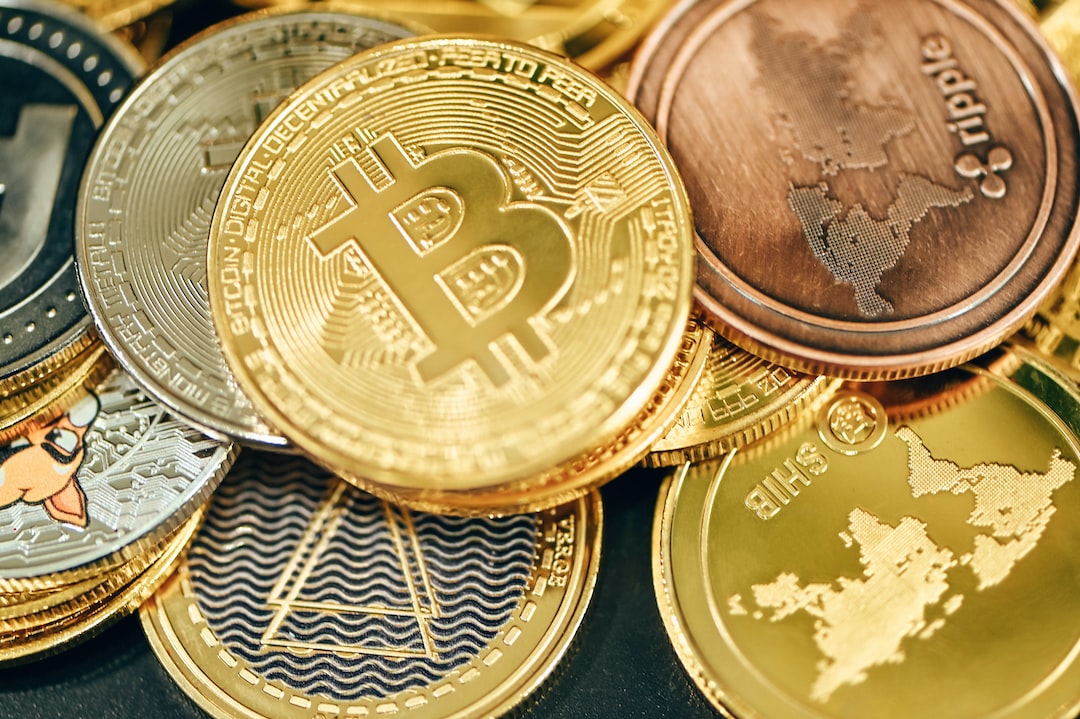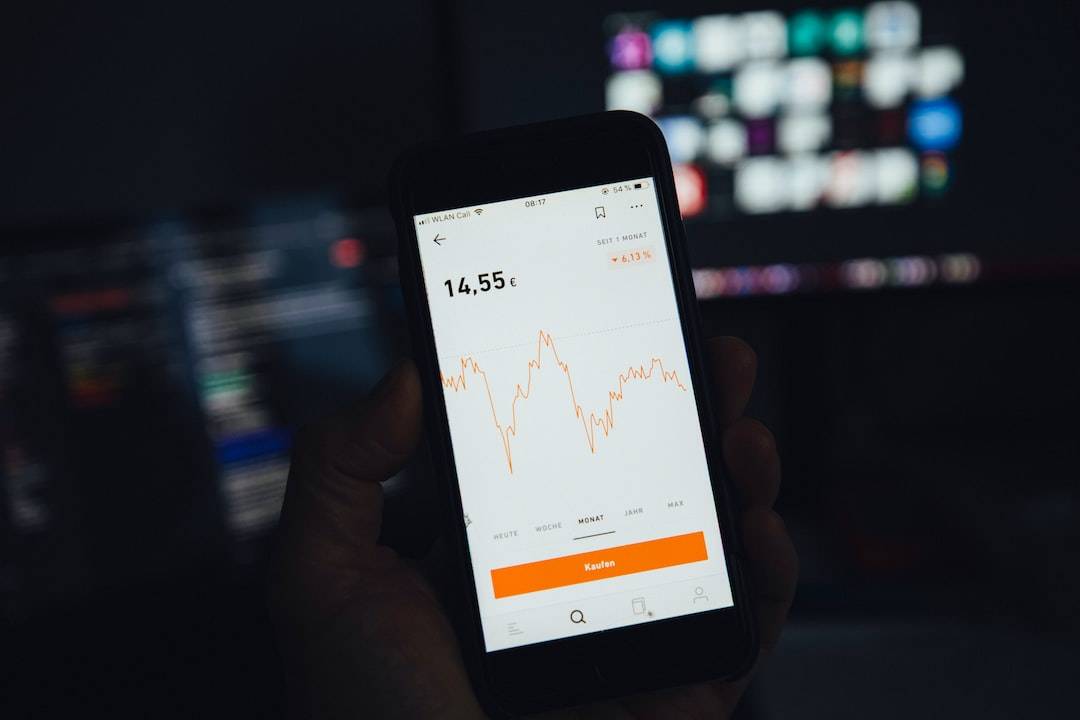Binance Halts Peer-to-Peer Transactions With Sanctioned Russian Banks
According to a recent report by the Wall Street Journal, cryptocurrency exchange Binance has stopped allowing its clients to conduct peer-to-peer transactions with sanctioned Russian banks. This decision comes after allegations were made about the exchange’s role in facilitating the movement of funds from Russia to other countries.
Main breakdowns:
– Binance previously allowed users to transfer rubles using five sanctioned Russian lenders, but these banks have now been removed from the platform.
– The company regularly updates its systems to comply with regulatory standards and removes payment methods that conflict with its policies.
– Binance allegedly facilitated peer-to-peer trades of rubles for digital tokens, often involving sanctioned banks.
– Despite these actions, Binance has continued to handle substantial trading volumes in rubles.
– The US Department of Justice is investigating potential violations of American sanctions on Russia by Binance.
The exchange spokesperson stated that Binance aims to comply with global sanctions rules and takes action to prevent efforts to circumvent its controls. However, some traders claim they can still use sanctioned banks by selecting alternative payment options.
As the investigation into Binance’s potential involvement in facilitating Russians’ evasion of US sanctions continues, the exchange faces increasing pressure to address regulatory compliance and concerns about its operations in Russia.
Hot Take:
Binance’s decision to halt peer-to-peer transactions with sanctioned Russian banks reflects the company’s commitment to regulatory compliance. However, the ongoing investigation by the US Department of Justice raises questions about the exchange’s involvement in facilitating sanctions evasion. Binance must navigate these challenges and address concerns to maintain its reputation in the crypto industry.





 By
By
 By
By

 By
By
